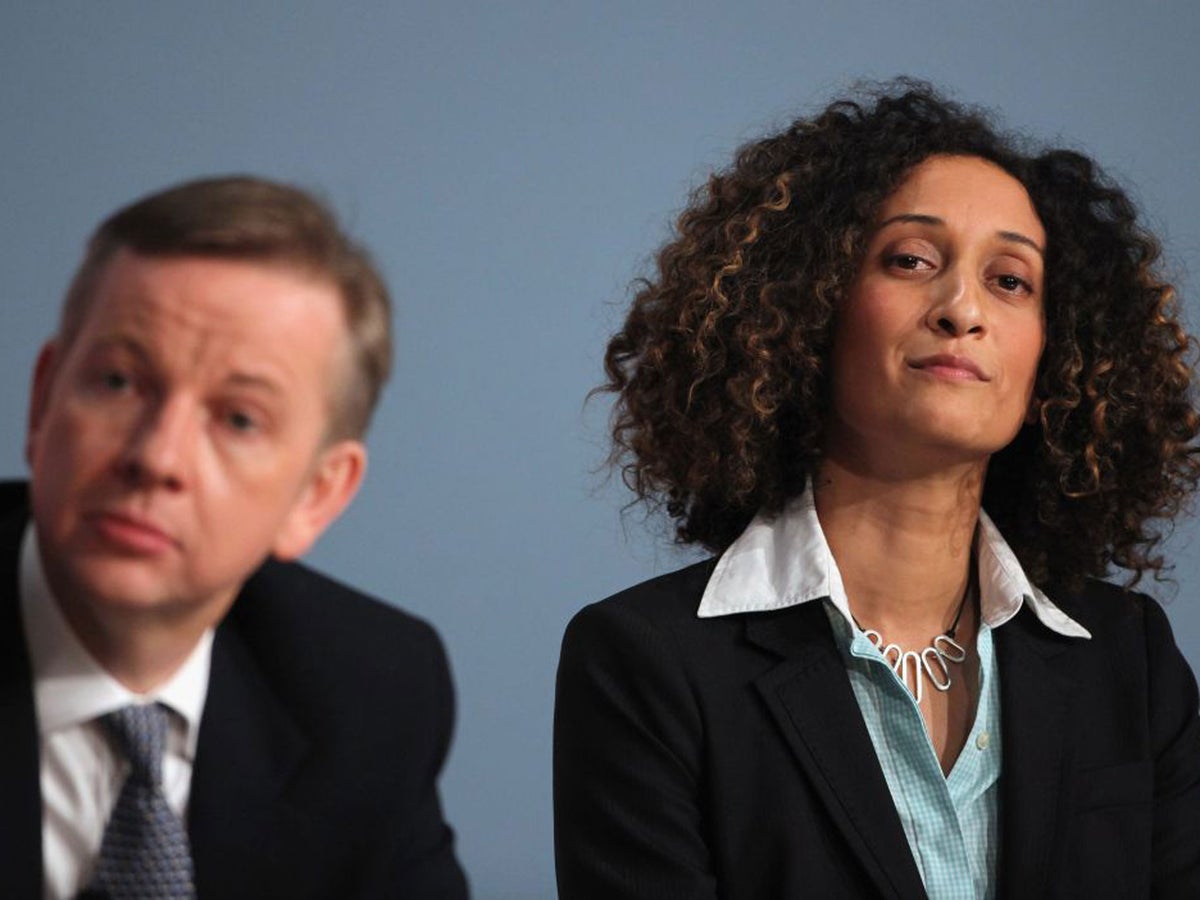
Working class students should celebrate making “smaller steps” in life rather than fixating on going to Oxford or Cambridge, the government’s social mobility tsar will say.
Katharine Bibalsingh, the chair of the Social Mobility Commission, will warn in a speech on Thursday that society needs to stop obsessing with “rags to riches” stories and rather focus on smaller successes on the social mobility ladder.
“We want to move away from the notion that social mobility should just be about the ‘long’ upward mobility from the bottom to the top - the person who is born into a family in social housing and becomes a banker or CEO,” she will say at the Policy Exchange thinktank.
Ms Bibalsingh, who is the headmistress of Michael Community School in west London, is expected to say that too often success is defined by a caretaker’s daughter going to Oxbridge or becoming a top surgeon. Instead a “broader view of social mobility” should be promoted “sometimes in smaller steps”, she will add.
“If a child of parents who were long-term unemployed, or who never worked, gets a good job in their local area, isn’t that a success worth celebrating. Would we really say that it doesn’t count as social mobility because they are not a doctor or lawyer,” Ms Bibalsingh will say.

Ms Birbalsingh – who read philosophy and modern languages at the University of Oxford – will discuss how more opportunities can be created outside the London area, so that not everyone feels they have to move to the southeast to get a good job.
In her speech, she will add: “We want to promote a broader view of social mobility, for a wider range of people, who want to improve their lives, sometimes in smaller steps.
“This means looking at how to improve opportunities for those at the bottom – not just by making elite pathways for the few – but by thinking about those who would otherwise be left behind.”
Ms Birbalsingh, who is the chair of the government’s Social Mobility Commission, will ask attendants to the event: “What more should be done about those at the very bottom – particularly those with low levels of basic literacy and numeracy – who cannot therefore take advantage of higher learning and are unable to access higher paid work?”
She will also argue against claims that social mobility is getting worse. She is expected to say that the Commission’s latest analysis shows that occupational mobility has been stable or slightly improving for decades.
There is less consensus on mobility for other areas like income, housing and wealth, the Commission said – adding that it will closely assess these factors next year.
Later this month, the Commission’s State of the Nation 2022 report will be published. It will set out a framework to revise the way social mobility has been measured by the Commission – an advisory non-departmental body of the Department for Education.
According to the Commission, the new social mobility index will track actual social mobility – comparing where people start and end, in their occupations, incomes, and other outcomes, across the UK.
Ms Birbalsingh previously claimed that girls are less likely to choose physics A-level because it involved “hard maths”.
She told MPs that it was not a subject girls “tend to fancy”, saying: “I just don’t think they like it”.







